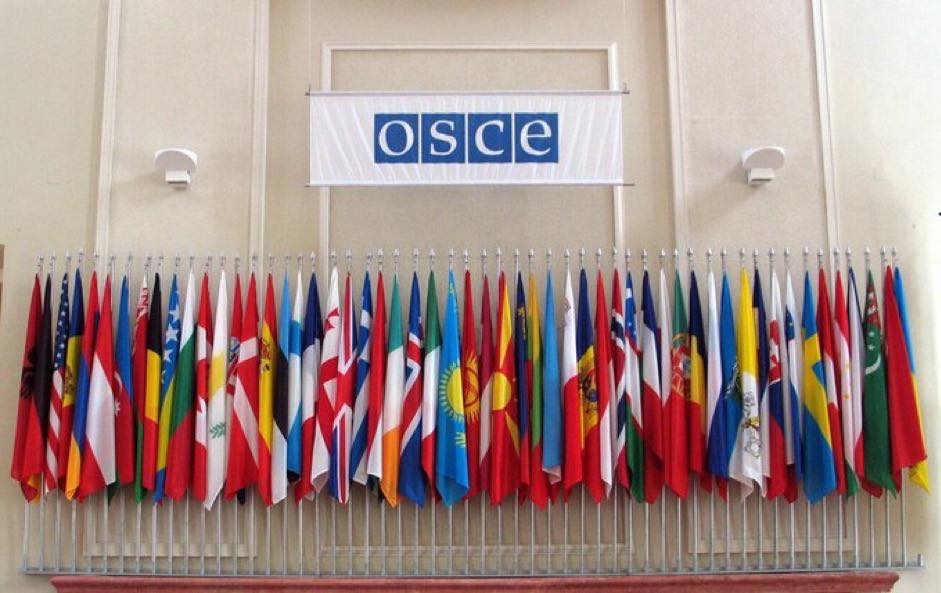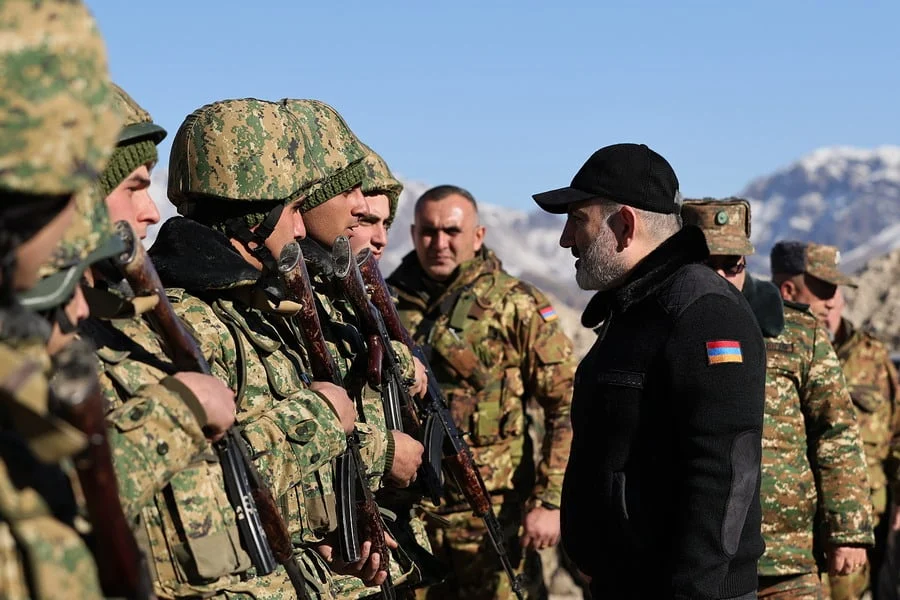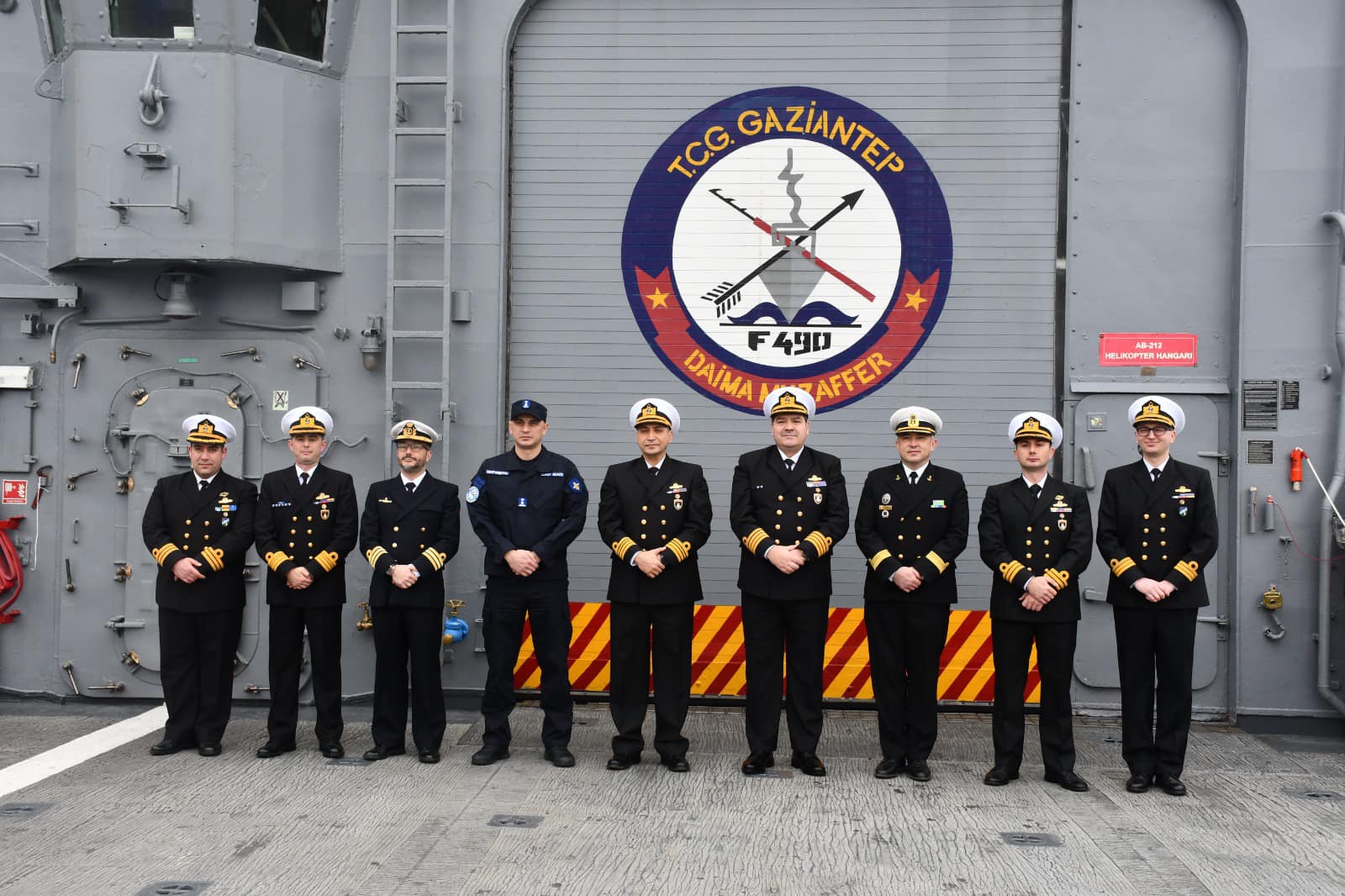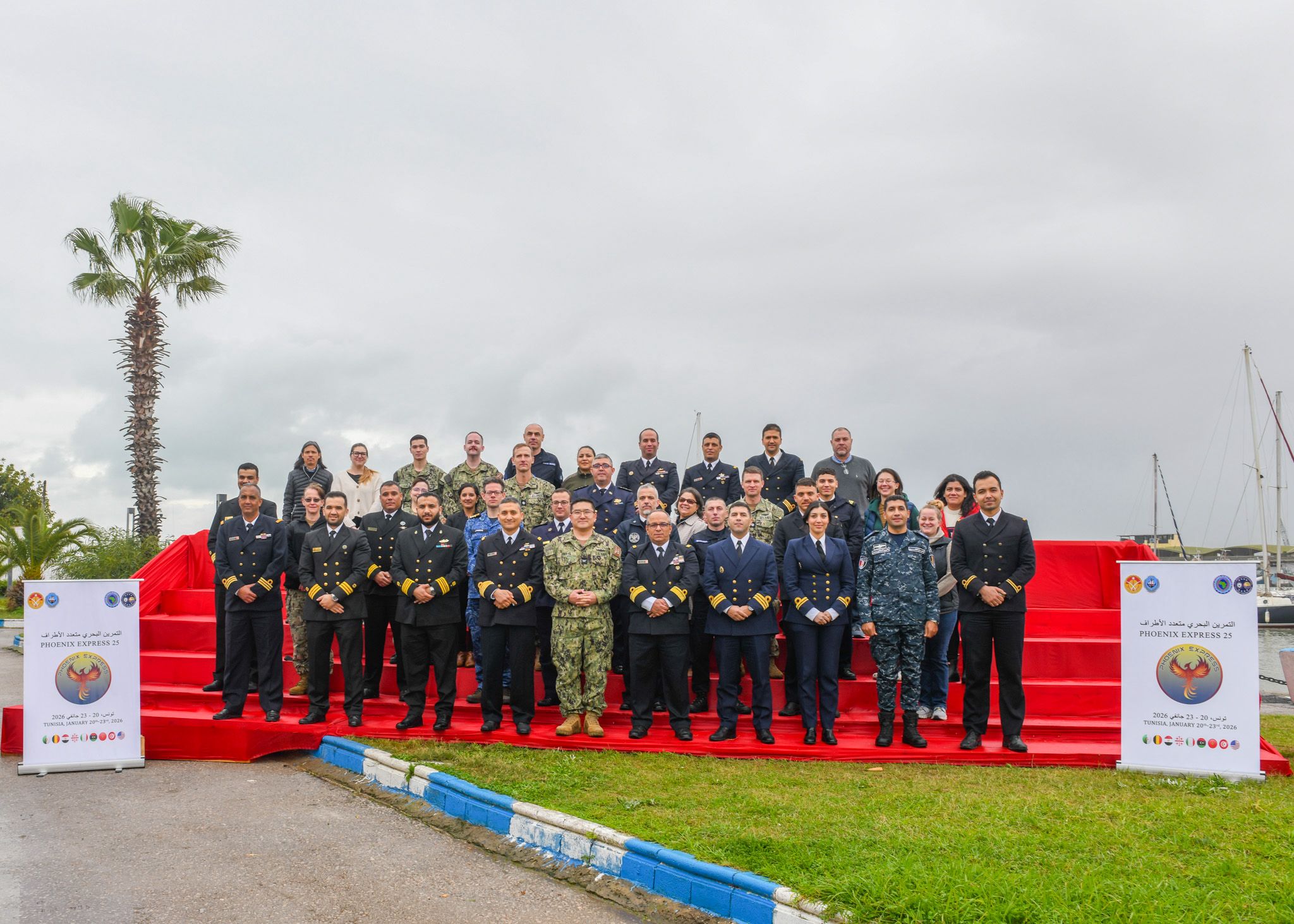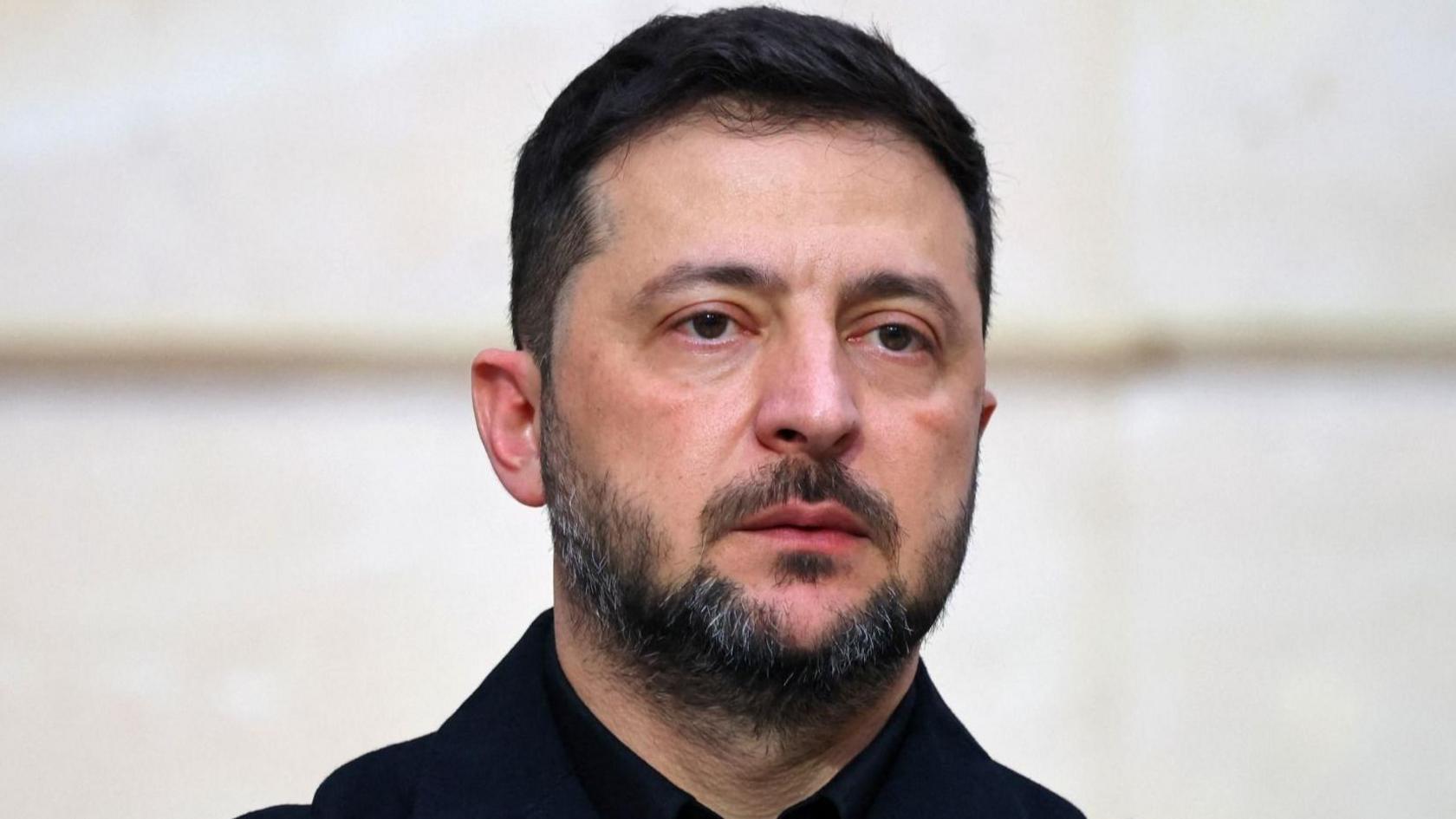In an exclusive interview with Europetime, Former commander of the United States Army Europe, Lieutenant General, and the Pershing Chair in Strategic Studies at the Center for European Policy Analysis (CEPA), Ben Hodges talks about the mistakes made by the US administration in Afghanistan, the changing political landscape in Afghanistan and its impact on the rest of the region and Georgia, the need for the US to develop a comprehensive strategy for the greater Black Sea region to help Georgia achieve its priorities. Given what has been said, Ben Hodges also discusses what Georgia must do more to make itself attractive to investment.
_in our interview with you, we discussed in detail the issue of Afghanistan - whether America should leave Afghanistan or not. We have witnessed how the processes have developed, with lightning speed and dramatically to some extent... How would you assess, first, the withdrawal of the allies from Afghanistan and then pulling out in such a form? In force majeure, after 20 years?
I agreed with the decision of the president to withdraw. Staying longer, without dramatic changes to the overall strategy, was never going to change the eventual outcome. But the Administration could have done more to prepare for the large number of refugees seeking safety, especially those who had worked for or with us. And the Administration should have done a better job of consulting with our allies and partners about the timing of the withdrawal. Still, I must say I’m very impressed with the courage and skill of the pilots and soldiers and marines and diplomats on the ground who actually executed the withdrawal.
_ Afghanistan, found in the hands of the Taliban after 20 years of vicissitudes, what does it mean? What is the lesson and experience for the Americans?
We made several mistakes, and I was personally a part of those mistakes. First, we/I believed that Pakistan was an ally. Clearly, they were not; and we ignored the warning signs of this for too long. Second, we made a huge mistake diverting to Iraq right at the time we were about to conclude the original mission in Afghanistan. Third, the US government should have imposed a tax on all American citizens to pay for the wars in Afghanistan and Iraq. The vast majority of Americans were not impacted by these wars unless they had family members involved or unless they lived near a large US military base. The result of this was that there was very little pressure from the public on any of the Presidential Administrations or the Congress to address these wars, get them right, or conclude them.
Fourth, we made a mistake in the model we used for developing the Afghan security forces. We designed them to look like us, which means they would have to have overwhelming firepower, air support, endless logistics, and thousands of contractors to maintain so much equipment. This model collapsed when we pulled all of that out. I failed to realize this when I was there because I did see good, professional Afghan officers. But I failed to realize what I was actually seeing with my own eyes… The best Afghan unit I saw looked a lot like Taliban – pick-up trucks, no helmets, led by a US Army Green Beret lieutenant colonel.
Finally, we lost sight of our original purpose – to deny safe haven for AQ in Afghanistan. The decision to transition to nation-building came later and that’s why we stayed for 20 years trying to do something for which we had not originally planned and which was never explained by any of the Presidential Administrations to the American people.
_ Who is the winner or the loser in the Afghan process? What are the dangers of Taliban rule? Will these processes contribute to the growth of Russia’s influence over Central Asian countries? And will Russian-Chinese influences be further consolidated?
The biggest losers in this whole situation are the Afghan people, especially but not only women and girls. Pakistan will regret that they supported the Taliban because now they have even more refugees inside Pakistan and more instability on their western border. China will pay for protection and access to mineral resources in Afghanistan. They will not care at all about human rights in Afghanistan, but they will have a concern about the influence of Islamic extremists on their own Uighur population. The Kremlin is already alarmed at the potential for growth of Islamic extremism in Central Asia. Iran is not likely happy to see this instability, especially given the Shia-Sunni frictions, though they of course have no sympathy for the US or our allies.
_One of the directions of Georgia is also to become a transit corridor and a hub between Asia and Europe. It is important for the country to attract cargo from Central Asian countries through Georgia. Will the changing political landscape in Afghanistan, as well as Russia’s probably growing influence in Central Asian countries affect the rest of the region and Georgia, at least in this particular direction?
I imagine there will be some impact but I’m more concerned about the lack of serious effort by the government of Georgia to make Georgia more attractive to Western investment… So much potential there but it has not been developed due to internal Georgian political problems.
_It is clear that people in every country should want change and strive for the better and fight for it. But often, for one reason or another (obscure ugly rules, misinformation) which, in fact, is an integral part of hybrid warfare in this era, people fail to express themselves, to protest, or to fight. The pandemic seems to have divided the world rather than united it. Handling Russia and similar countries is like fighting a pandemic: you either unite and defeat what may sacrifice you tomorrow, or you lock yourself in your shell and think only of your own survival, which is temporary, because, reinforced and mutated, it will find you again and haunt you… So, I was wondering, isn’t it time for the EU and NATO to more effectively encourage the efforts of countries aspiring to the West?
I believe Georgia should already be a member of NATO and that Ukraine should be on a very clear path to NATO membership. But there is more important work to be done now, by Georgia and Ukraine internally and by the USA to develop a strategy for the greater Black Sea region. Until the USA has further developed such a strategy and developed the necessary implementing policies of diplomacy, economy, and security with our friends in Georgia and Ukraine, I am not optimistic that membership is close at hand. Georgia must continue to do more to improve its own resilience against Kremlin disinformation and malign influence, but I sense that over the past year this has not gone as far in that direction as it should.
_There is a feeling that Europe is most concerned about the issue of refugees when talking about Afghanistan. It is because of this sensitive issue that ultra-radical forces in the West are coming to the fore with populist slogans, which then raises even more problems. My question is whether the problem is only refugees or also illegal migration, weapons, drug trafficking, and terrorism. In your opinion, are these problems more complex and how can a solution be found?
No doubt European nations and also the USA, are concerned about the flow and impact of refugees, and some nationalists and right-wing extremists will attempt to use this for their own selfish political aims. But in the case of Afghanistan, we have a responsibility to open our doors and find ways to accommodate as many of them as possible. Many of those who left Afghanistan are educated, professional and industrious, exactly the sort of women and men we all need in our own countries anyway.
_In an interview with ‘Europetime’, Acting Assistant Secretary of State Philip T. Reeker said that the construction and development of large infrastructure projects, as well as direct American investments, are important for the country. Earlier, Senator Rob Portman told us that work is underway to open an American financial institution and on a free trade agreement with the United States. The question is what does the implementation of all this and the pace of implementation depend on?
These depend primarily on two things: 1) is the development of a broad strategy for the greater Black Sea region that will address diplomatic and economic objectives and priorities and resources as well as military considerations. This strategy is essential if we are to invest time and money so that they make sense. 2) is that Georgia must do more to make itself attractive to investment; transparency on financial and legal transactions, meeting international standards for business investment and banking, and ensuring that money is not lost or illegally redirected into the accounts of a few rich oligarchs who are not truly interested in an improved future for the young people of Georgia.



